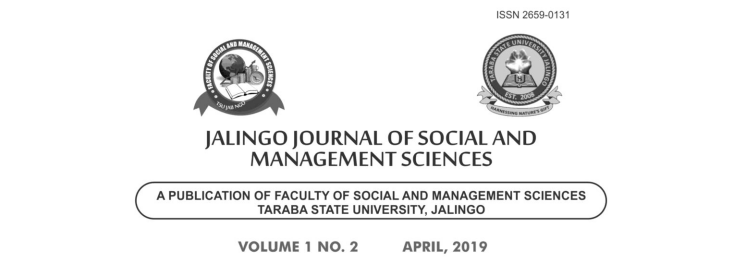Philosophy and Theological Ideas of Martin Luther as a Prelude to Protestant Reformation
Keywords:
Philosophy, theological, ideas, prelude, protestant, reformationAbstract
This paper is analytical and adopted the use of secondary method of data collection to examine the theological as well as the political philosophy of Martin Luther as a responsible factor to the Christian Protestant Reformation in the 14th Century. The authors used the existing extant literature on the philosophy of Luther on church reformation to show how Luther contributed to the revolution in the Roman Catholic Church. Before the Church reformation, Luther was dissatisfied with the life style of the clergy and the condition the church found itself. The Church was highly monetized; the condition made the Church to gradually lost touch with its spiritual and moral essence. The degradation was found in the sale of indulgences as a ‘means’ for salvation, Luther found this absurd. The climax of Luther’s dissatisfaction was registered when he nailed his famous ninety five thesis on the door of Wittenberg. It was found that the awareness created by the ninety five thesis gave birth to the emergence of the protestant denominations. The findings on the philosophy of Luther show that, the world around us can be changed with the persistent pursuit of truth founded on selflessness. If the society we live in can be anywhere better for human existence, then the role of philosophy cannot be taken for granted.

Downloads
Published
Issue
Section
License
Copyright (c) 2023 JALINGO JOURNAL OF SOCIAL AND MANAGEMENT SCIENCES

This work is licensed under a Creative Commons Attribution-NonCommercial 4.0 International License.
